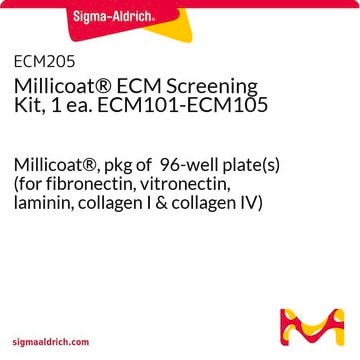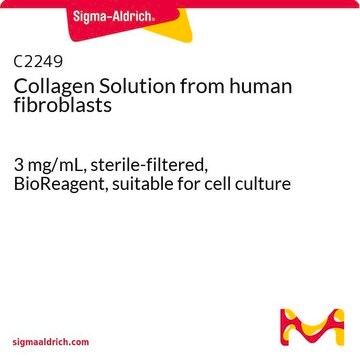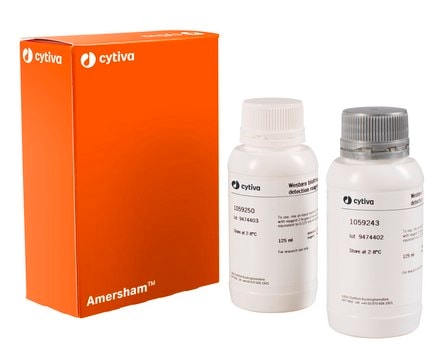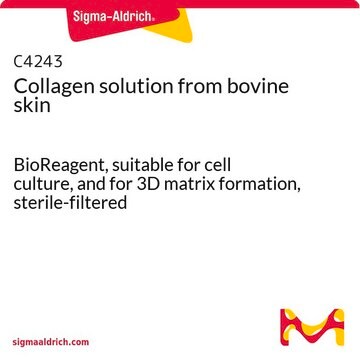08-110
ECL Cell Attachment Matrix
Synonym(s):
ECL Matrix
About This Item
Recommended Products
biological source
mouse
Quality Level
form
liquid
manufacturer/tradename
Upstate®
technique(s)
cell culture | mammalian: suitable
input
sample type neural stem cell(s)
sample type mesenchymal stem cell(s)
sample type induced pluripotent stem cell(s)
sample type hematopoietic stem cell(s)
sample type: human embryonic stem cell(s)
sample type epithelial cells
sample type pancreatic stem cell(s)
shipped in
dry ice
storage temp.
−20°C
General description
Application
Quality
Physical form
Storage and Stability
Legal Information
Disclaimer
Storage Class Code
12 - Non Combustible Liquids
WGK
nwg
Flash Point(F)
Not applicable
Flash Point(C)
Not applicable
Certificates of Analysis (COA)
Search for Certificates of Analysis (COA) by entering the products Lot/Batch Number. Lot and Batch Numbers can be found on a product’s label following the words ‘Lot’ or ‘Batch’.
Already Own This Product?
Find documentation for the products that you have recently purchased in the Document Library.
Customers Also Viewed
Protocols
This page covers the ECM coating protocols developed for four types of ECMs on Millicell®-CM inserts, Collagen Type 1, Fibronectin, Laminin, and Matrigel.
Our team of scientists has experience in all areas of research including Life Science, Material Science, Chemical Synthesis, Chromatography, Analytical and many others.
Contact Technical Service











